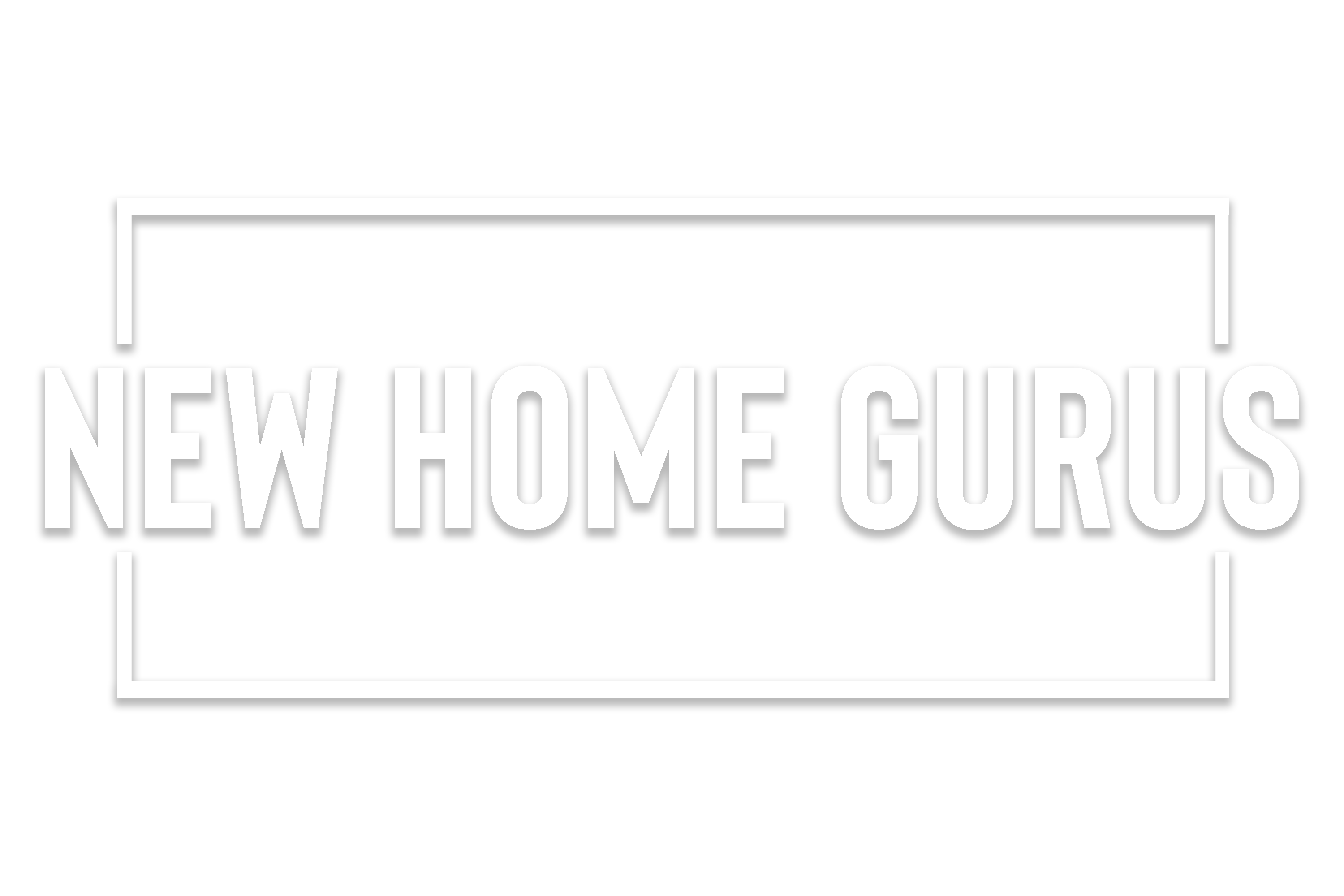Figure Out What You Can Afford to Spend on a House & How to Improve Your Buying Power
What’s your budget for the first or next home you’re going to buy? How did you arrive at the number?
As a homebuyer, you need to zero in on your budget, so you know what you can afford to spend and where to start looking for houses. That can be trickier than it sounds because:
- Several factors can impact affordability, including your expenses and debt.
- Aspirations to level up in life can make it easy to overextend budgets and reach for higher-priced houses. Best intentions aside, that can backfire in big ways, especially if buyers close on homes that are out of their price range.
You can avoid buying too much house (and making other first-time homebuyer mistakes) if you go into the homebuying process knowing what you can really afford and how it all works.
How to Estimate Home Affordability: 3 Factors to Consider
Here’s where to start when you’re dialing into the budget for your next house and what you can really afford to be looking at:

- Your income: Look at the bottom-line number for your monthly earnings. Include all income streams to get an accurate picture of what you’re earning each month. If your income varies from month to month, take an average, using recent income tax returns for any numbers you need.
- Your monthly expenses and debt: Calculate how much of your earnings go out every month to cover your needs. Look at your overall debt too, including monthly credit card payments, student loans, and other financial obligations. With this, you can start to get a hold of your debt-to-income ratio, which can dictate your borrowing power in lenders’ eyes.
- Your on-hand cash: How much could you afford to put down a house? How much can you afford in closing costs? Those are just a couple of expenses you’ll need to cover when you’re buying a house, and both are typically framed in terms of the purchase price. For example, while buyers may need to set aside about 5% to 20% of the home’s purchase price for a down payment, it’s also smart to earmark another 2% to 5% for closing costs.
Those are just some of the factors that lenders look at when they’re deciding how much they’re willing to let you borrow. So, start there.
Next, consider the location and where you’re looking to buy a home. That’s not going to change your finances, but it can affect key elements, like (but not limited to):
- Home-related costs: Local taxes and home insurance rates can vary with location, making houses in certain zip codes pricier to own and maintain than others.
- The types of mortgage loans you may be eligible for: Some lenders may offer or exclude certain borrowing options, depending on how urban or rural the area is, local land uses, and more.
- How far your budget will go: Hot spots for homebuyers can come with steeper prices, limiting how much house you may be able to afford in more popular areas. Alternatively, your budget may be able to afford you a bigger home — or a house with fancier finishes, features, and amenities — if you look in less competitive areas.
Budget calculators can help here. So can the 28/36 rule. That’s a general rule of thumb in the lending industry used to evaluate borrowing capacity. According to this rule:
- Housing expenses, including the mortgage, shouldn’t exceed 28% of someone’s gross monthly income.
- Total debt costs shouldn’t exceed 36% of the gross monthly income.
With all that, you can start to dial into the range of what you can afford for your next house.
Will I Prequalify for What I Can Afford?

Maybe, it all depends on the lender, your situation, and what you’re looking to buy. While some buyers may prequalify for the same amount as they can afford to spend on a house, others won’t. The point here is that:
- It’s really up to the lender and the type of loan you’re seeking.
- Different lenders offer different mortgage products, with distinct terms.
- It pays to shop around for a lender and a mortgage loan, just like you’re shopping around for a house.
What Can I Do to Afford More Home?
There may be several things you can do, like (but not limited to):
- Saving up a bigger down payment: Bigger down payments can offset how much you need to borrow and maybe even open up more options with higher price tags.
- Paying down debt: This could improve your debt-to-income ratio, which could make you eligible to borrow more money or qualify for different loans (potentially with better terms).
- Improving your credit score: Like paying down debt, improving your credit score could make you a more attractive borrower to lenders.
How Can I Get More Help Buying a House in Texas?
Contact the Realtors at New Home Gurus. We can guide you through the home buying process, helping you with offers, negotiations, and every aspect of closing. Plus, we’ll split our commission with you at closing.
Homebuyers and sellers who work with New Home Gurus can get back an average of $4,500 to $12,000 at closing.
How Much Cash Can You Get after Closing?
Call (281) 668-8124 or Contact Us to Find Out Now
We are standing by, ready to answer your questions and explain the details of our commission-sharing program.

